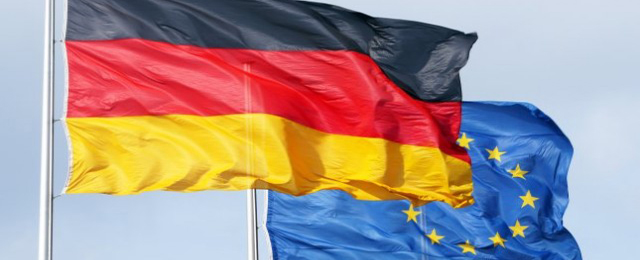In London, a joke is going around. Europe has now two capital cities. The first one: Berlin. The other – after a pause for artistic effect: Frankfurt. In Greece, rumours are circulating that after the election the German government may bring debt relief onto the agenda.
And in Spain there is a presumption that the issue of bank liquidation will be cleared up on September 23. After the German election, the biggest of the toxic dumps in the Iberian peninsula would be jointly settled; no need to worry.
No, no one in Germany is worried. No one is even talking about Europe in this election campaign. No one is asking whether there are any fresh ideas to deal with the crisis. This crisis, about which everyone has grown tired of hearing, has probably reached its zenith, but it is far from being over. No one is asking about the national risk of a bank liquidation. No one is talking about the architecture of a new Europe that should prevent a repeat of the crisis.
Without Germany, nothing in Europe budges
And would it be unthinkable that a referendum on a new constitution would be the most important political event in the next legislature? A vote on a new constitution, in which the Germans transfer a few important elements of their sovereignty to Brussels?
Much is possible and much is being mulled over, in Paris, in London, in Brussels. Probably never in postwar history has a Bundestag election exerted such fascination on Germany’s neighbours , not only because Angela Merkel has turned out to be the most powerful woman in on the continent or possibly around the entire globe. It’s easy to make politics understandable when it’s based on the example of a life story.
Who decides – and who pays?
The elections to the Bundestag are tied up in the rest of Europe almost with an expectation of salvation, as if on September 23 there will be presents laid out like on Christmas morning. This mood reflects two things: the significance that Germany, so economically dominant on the continent, has acquired; without Germany, nothing moves in Europe, which has been at a standstill in the past few weeks. And secondly, it reflects the public pressure for something to be done, a pressure that has once again been dammed up.
*Read the full-version article here.






Be the first to comment on "German Elections: Forgetting about Europe"